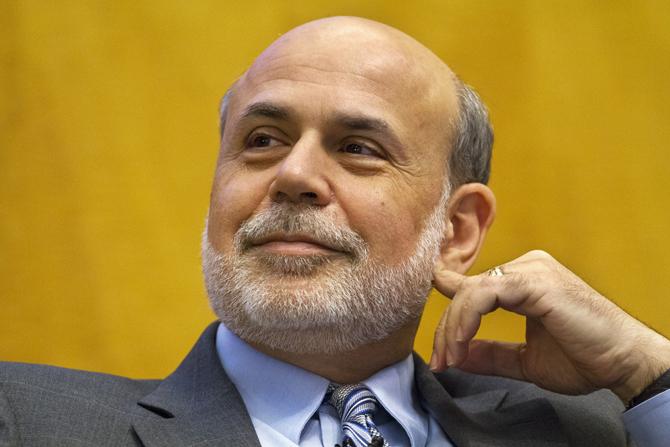A great shock went through the money world Monday when, in a first-ever congressional hearing on virtual currencies, federal officials from the Department of Justice and U.S. Treasury, among others, signaled their willingness to accept the cyber-currency bitcoin as a legitimate way to pay for things.
The markets squirmed with glee as, over the course of a few hours, the price of one bitcoin skyrocketed to $750. To put this in perspective, one bitcoin traded for around $13 in January.
There’s no denying bitcoin is garnering a lot of hype.
While once dismissed as something that served only to cloak the activities of drug dealers with an apparent veil of secrecy, credible monetary and economic authorities have, in recent weeks, suggested that bitcoin can be not just an interesting experiment, but an actual, mainstream currency.
Well, any claim that associates legitimacy with bitcoin is baseless.
But before the inflation-hating Ron Paul camp gets too worked up, let’s look at why the bitcoin craze will never live up to its lofty expectations.
As noted earlier, the dollar value of the cyber-currency has soared, so buying into bitcoin has, at least so far, been a good investment, which has led many to declare it a success.
However, this is a rather flawed argument: the function of a monetary system isn’t to make people holding money rich. Rather, the fundamental purpose of money is that of a medium of exchange, making buying and selling products way easier than bartering.
Imagine what a trip to the grocery store would be like if we switched from the dollar to the bitcoin.
Because it trades like a stock, bond or other commodity, you would literally have to check to see how much the currency was worth in terms of value every day. Such uncertainty hurts growth and would render the core function of money essentially useless.
Here’s another key reason why the cyber-currency would inevitably fail: Bitcoin’s algorithm states that at some point the total supply of bitcoins will be restricted at around 21 million.
Why is that a problem?
Because as bitcoin approaches a point where there is no longer additional supply, people would begin to hoard bitcoins in an attempt to build a reserve.
The more people hoard bitcoins, the less they go out and purchase goods and services. In other words, the economy would enter a recession.
Under our current Federal Reserve banking system, we could easily avoid this problem, as the Fed can just “print” more dollars, thereby expanding the money supply and restoring order to the economy.
Wait, isn’t all of this “money printing” a bad thing? Hasn’t the Fed caused enough inflation?
To be sure, the Fed doesn’t actually print money. Instead, it varies the amount of liquidity allowed to banks and various financial institutions by determining how much money they can legally lend out.
On the topic of inflation, there has been little, if any of it in recent years, in spite of the Fed’s massive bond buying programs, which are designed to increase the money supply, provide more liquidity to banks and lower interest rates.
The basic lesson here is that, as a result of its significant design flaws, bitcoin will never be anything more than a speculative investment. To think otherwise demonstrates a serious misunderstanding of the relationship between money and its value to society.
And, in truth, we don’t need bitcoin. The dollar works just fine.
Jay Meyers is a 20-year-old economics junior from Shreveport, La.
Opinion: Federal officials see value in bitcoin despite flaws
By Jay Meyers
November 19, 2013
Federal Reserve Chairman Ben Bernanke listens while participating in a panel at the International Monetary Fund (IMF) in Washington Friday, Nov. 8, 2013, on “The Crisis as a Classic Financial Panic.” Bernanke said the Federal Reserve is drafting rules to close large insolvent banks without bringing down the broader financial system, one of many steps regulators must take to prevent another financial crisis. (AP Photo/Jacquelyn Martin)





